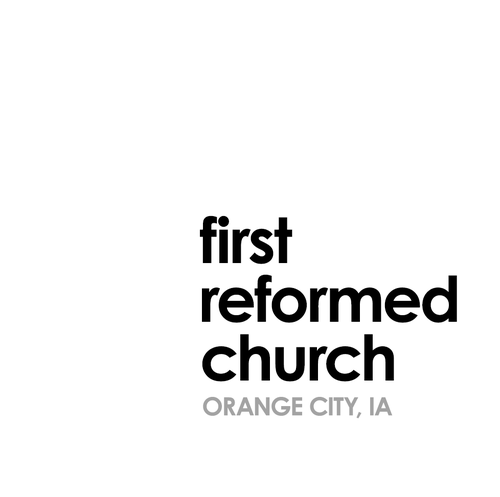Rejected - by Greg Steggerda

What happens to the ones who kill God’s son? Jesus tells us, in a parable about some tenant vintners who rebel against the landowner, and end up killing his heir, with the outcome in Mark 12:9-11:
“‘What then will the owner of the vineyard do? He will come and kill those tenants and give the vineyard to others. Haven’t you read this passage of Scripture:
“‘“The stone the builders rejected
has become the cornerstone;
the Lord has done this,
and it is marvelous in our eyes”’?”
Of course we know who killed Jesus when he lived on earth, but note the connection between the parable (killing the master’s son) and the prophecy (rejecting the cornerstone). Could God be telling us that there isn’t a functional difference between rejecting Jesus and killing him?
Because you could make a case that rejections of Jesus come more often than we want to think. In fact, any time we think our own ideas trump what we read in scripture, or any time we trust another authority figure more than we trust God, that’s a rejection. It’s a way of saying, “You don’t get to tell me how to live my life.”
That’s why there’s so much at stake in our choices. How we use our money and our time, how we treat strangers and invest in our relationships, how we respond when we feel uncertain and life seems like chaos, all these things are reflections of our acceptance or rejection of Jesus. The measurement is simple: do we obey? And that question is closely linked to this one: do we trust?
It’s discouraging sometimes how the things we want to do, the things that look like they’ll help us the most, become choices with this kind of consequence. It’s encouraging, though, how more and more we’re able to make good choices, ones that honor Jesus. God’s grace is enough to both strengthen us and cover us when we get it wrong.
“‘What then will the owner of the vineyard do? He will come and kill those tenants and give the vineyard to others. Haven’t you read this passage of Scripture:
“‘“The stone the builders rejected
has become the cornerstone;
the Lord has done this,
and it is marvelous in our eyes”’?”
Of course we know who killed Jesus when he lived on earth, but note the connection between the parable (killing the master’s son) and the prophecy (rejecting the cornerstone). Could God be telling us that there isn’t a functional difference between rejecting Jesus and killing him?
Because you could make a case that rejections of Jesus come more often than we want to think. In fact, any time we think our own ideas trump what we read in scripture, or any time we trust another authority figure more than we trust God, that’s a rejection. It’s a way of saying, “You don’t get to tell me how to live my life.”
That’s why there’s so much at stake in our choices. How we use our money and our time, how we treat strangers and invest in our relationships, how we respond when we feel uncertain and life seems like chaos, all these things are reflections of our acceptance or rejection of Jesus. The measurement is simple: do we obey? And that question is closely linked to this one: do we trust?
It’s discouraging sometimes how the things we want to do, the things that look like they’ll help us the most, become choices with this kind of consequence. It’s encouraging, though, how more and more we’re able to make good choices, ones that honor Jesus. God’s grace is enough to both strengthen us and cover us when we get it wrong.
Posted in Daily Devotions
The Beautiful Art of Accepting One Another Through Life's Changes
February 16th, 2026
The Journey from Self-Centered to Selfless
February 9th, 2026
The Transformative Power of Gratitude in Our Relationships
February 2nd, 2026
Holding Hands, Not Grudges: The Transformative Power of Forgiveness
January 26th, 2026
The Power of Speaking Truth
January 19th, 2026
The Power of Respect: Transforming Our Relationships from the Inside Out
January 12th, 2026
Finding Your Identity: The Foundation for Deeper Relationships
January 5th, 2026
Walking with God into the New Year
December 28th, 2025
When the Why Questions Won’t Let Go
December 22nd, 2025
Immanuel: Your Advocate in Every Moment
December 15th, 2025
